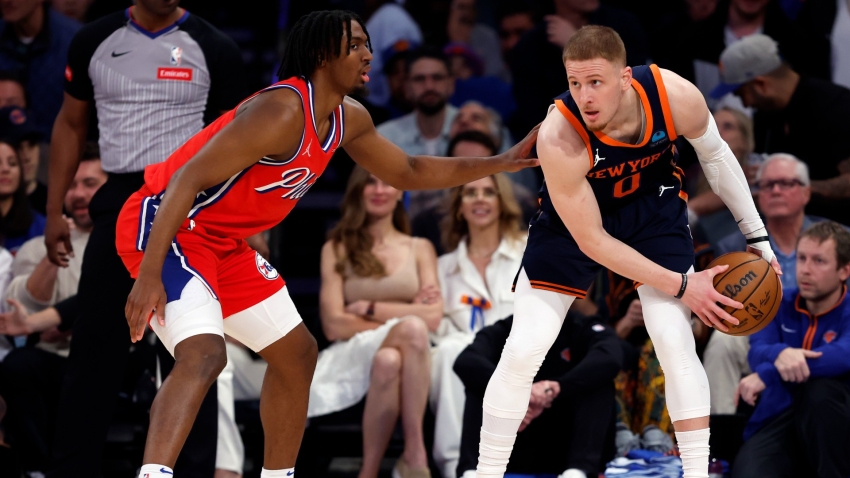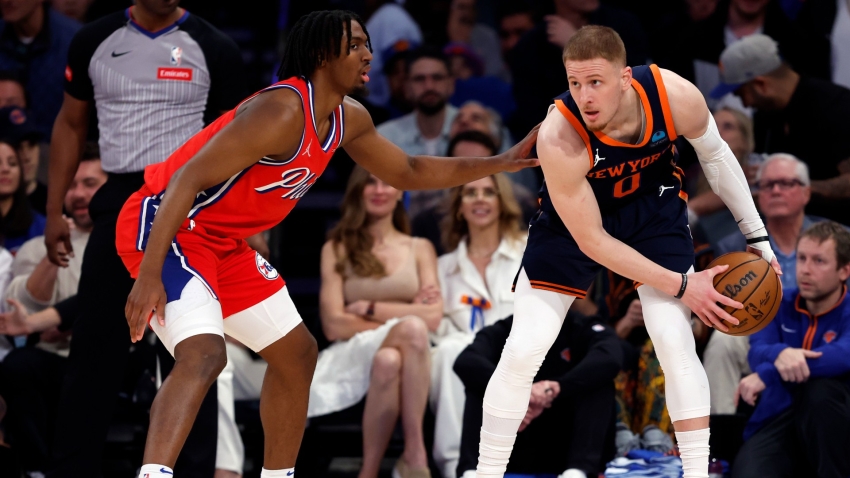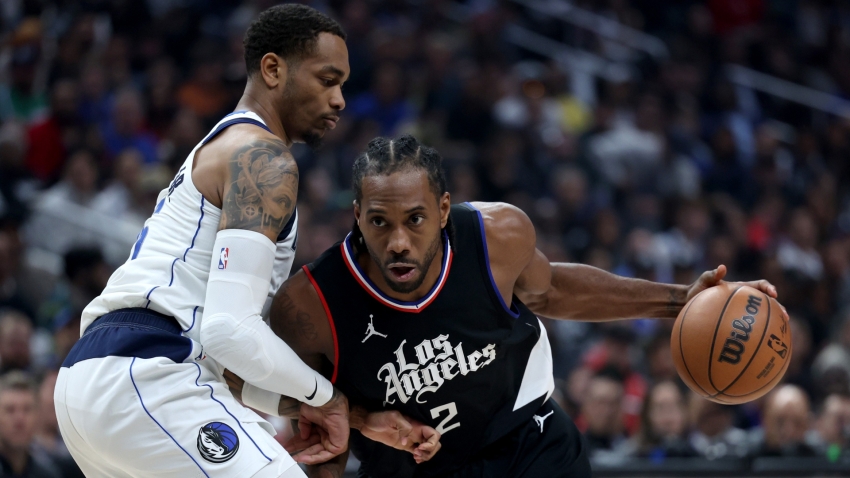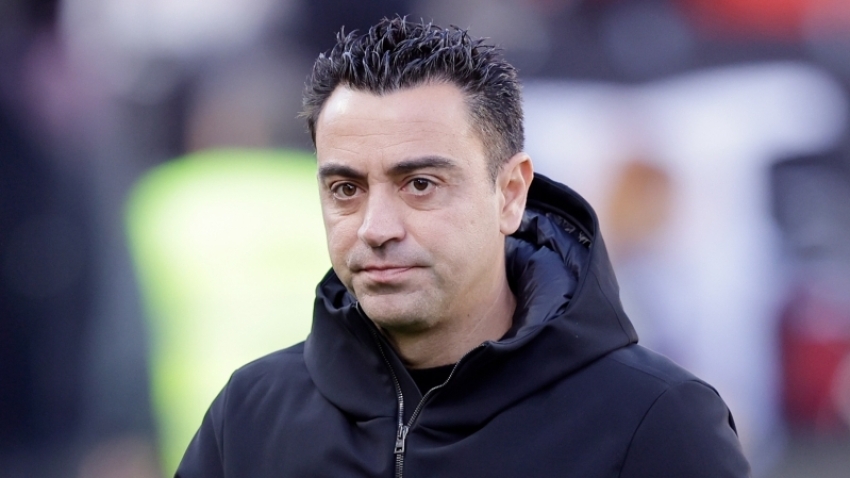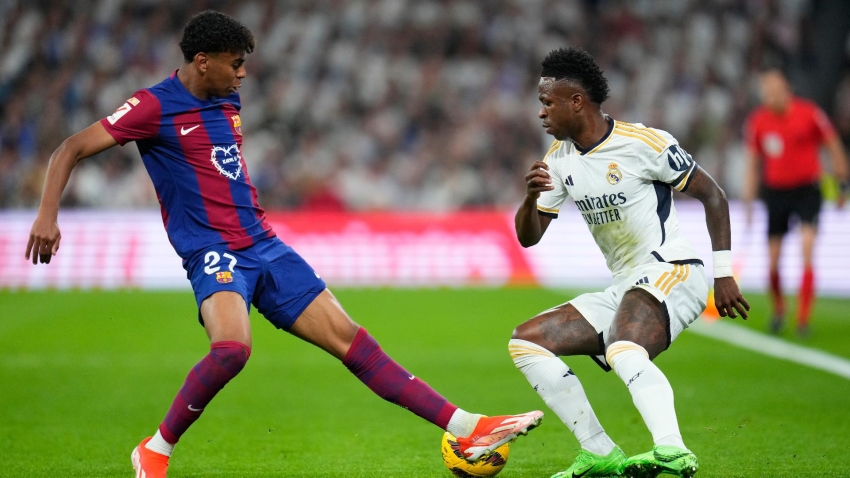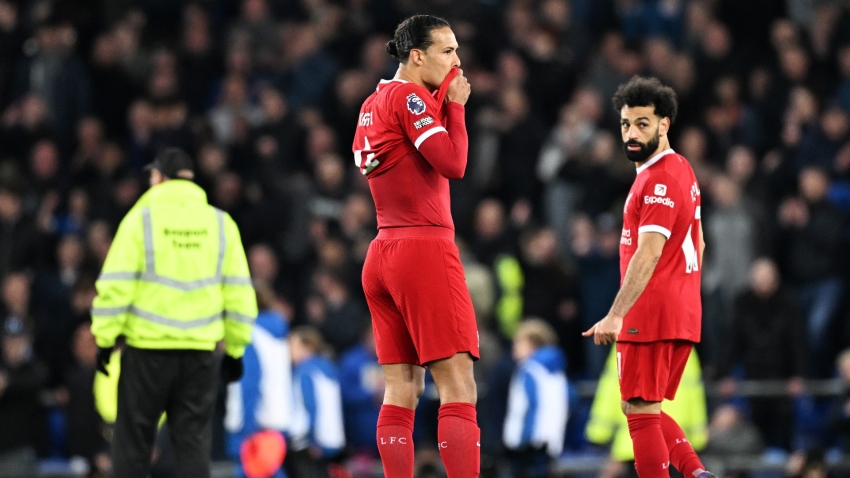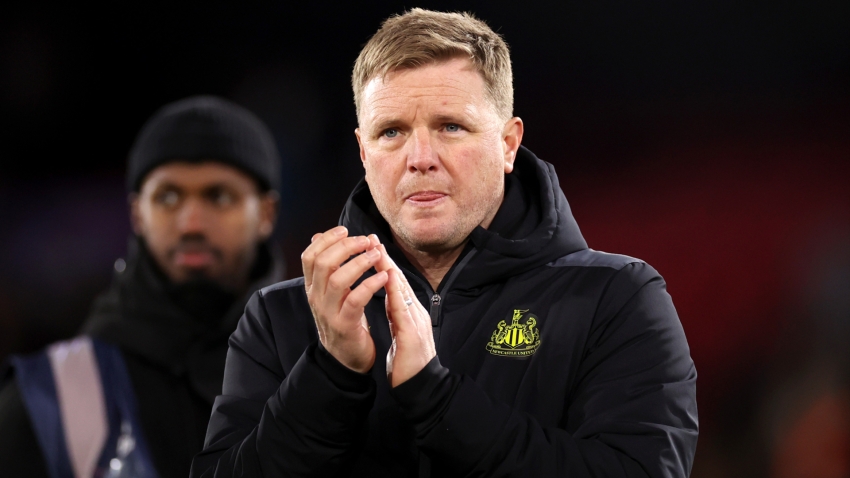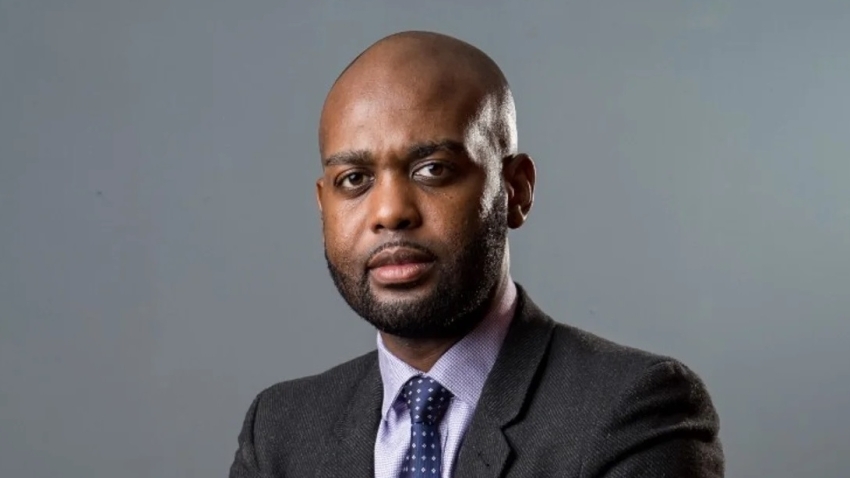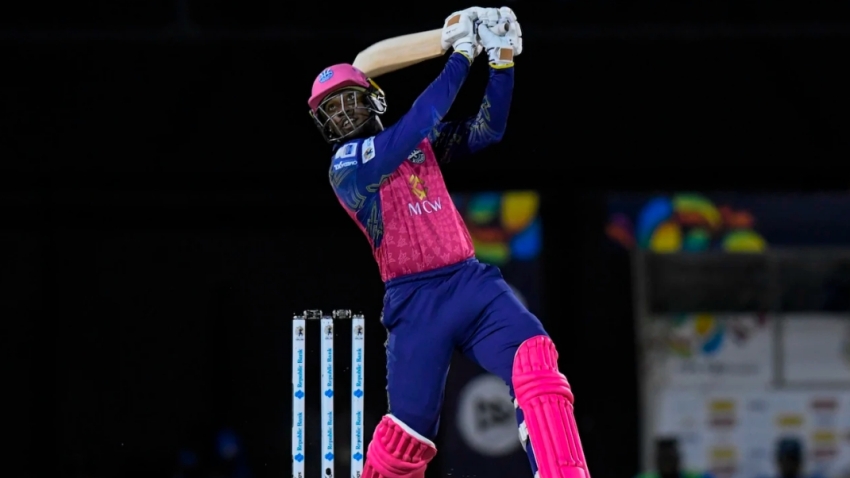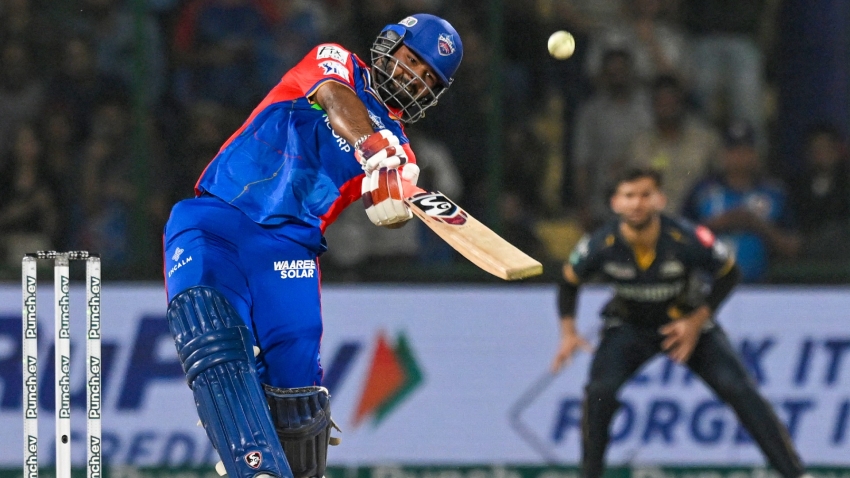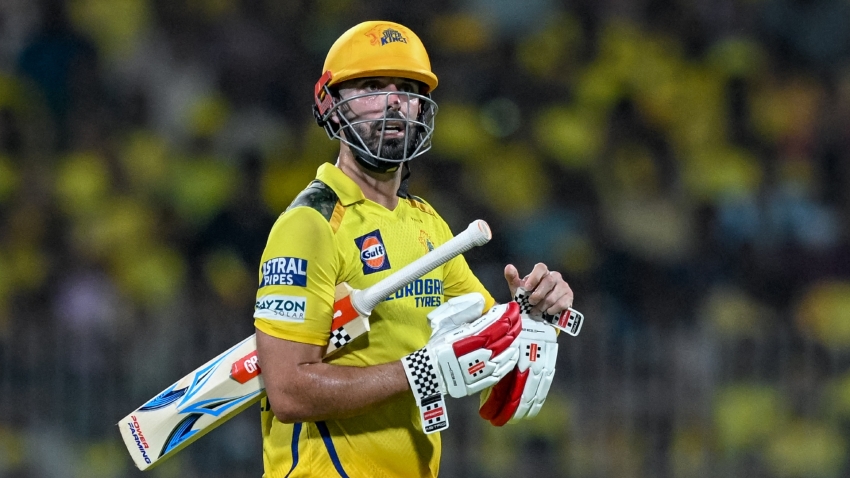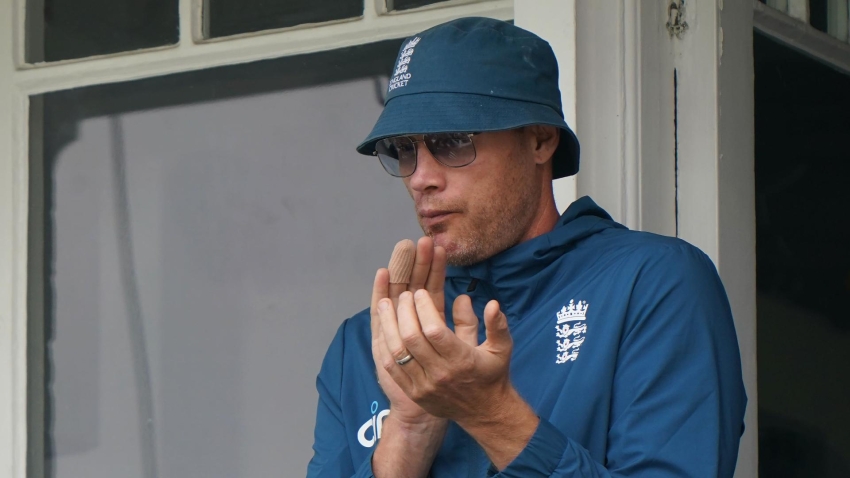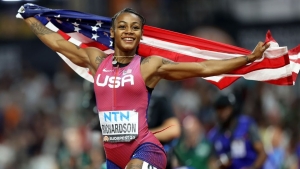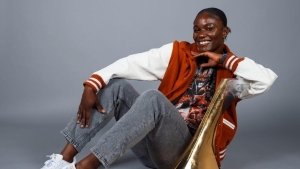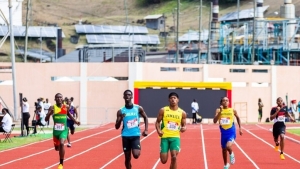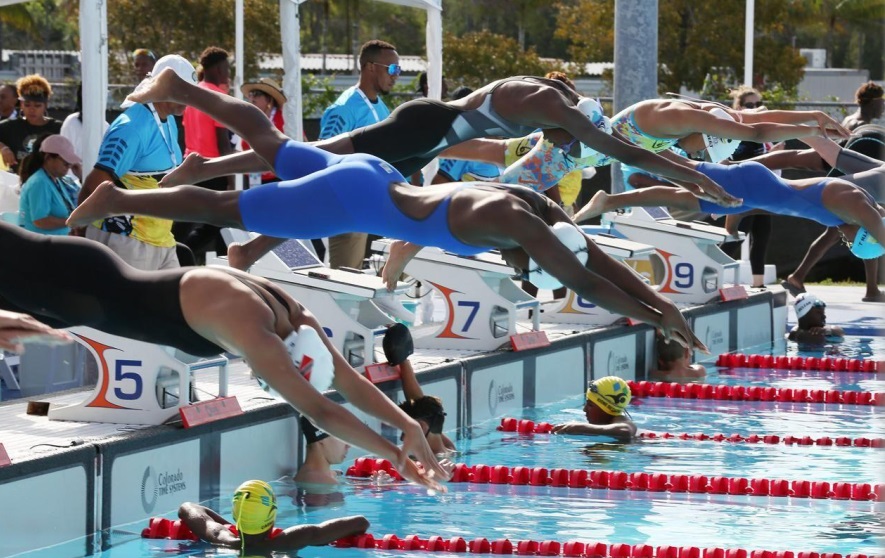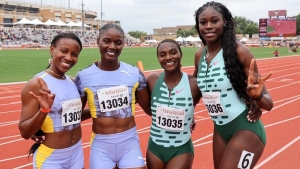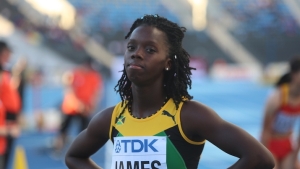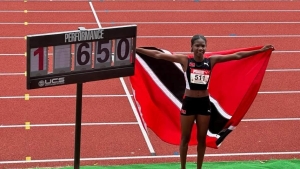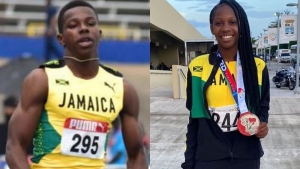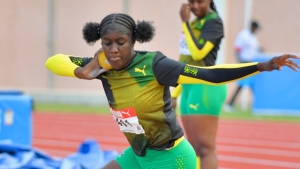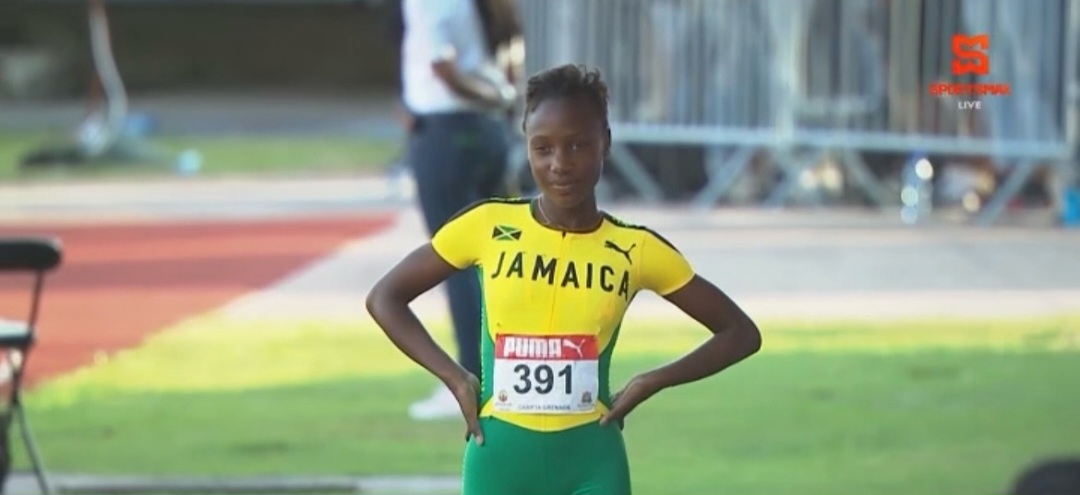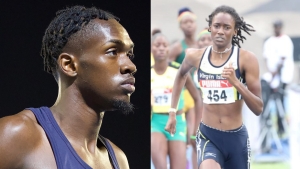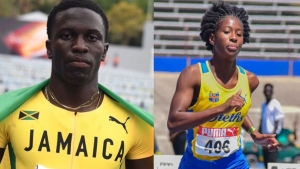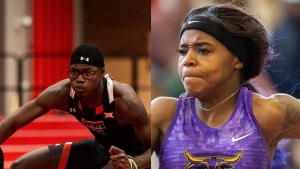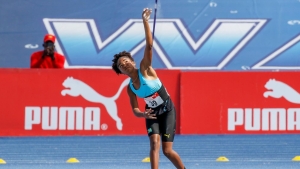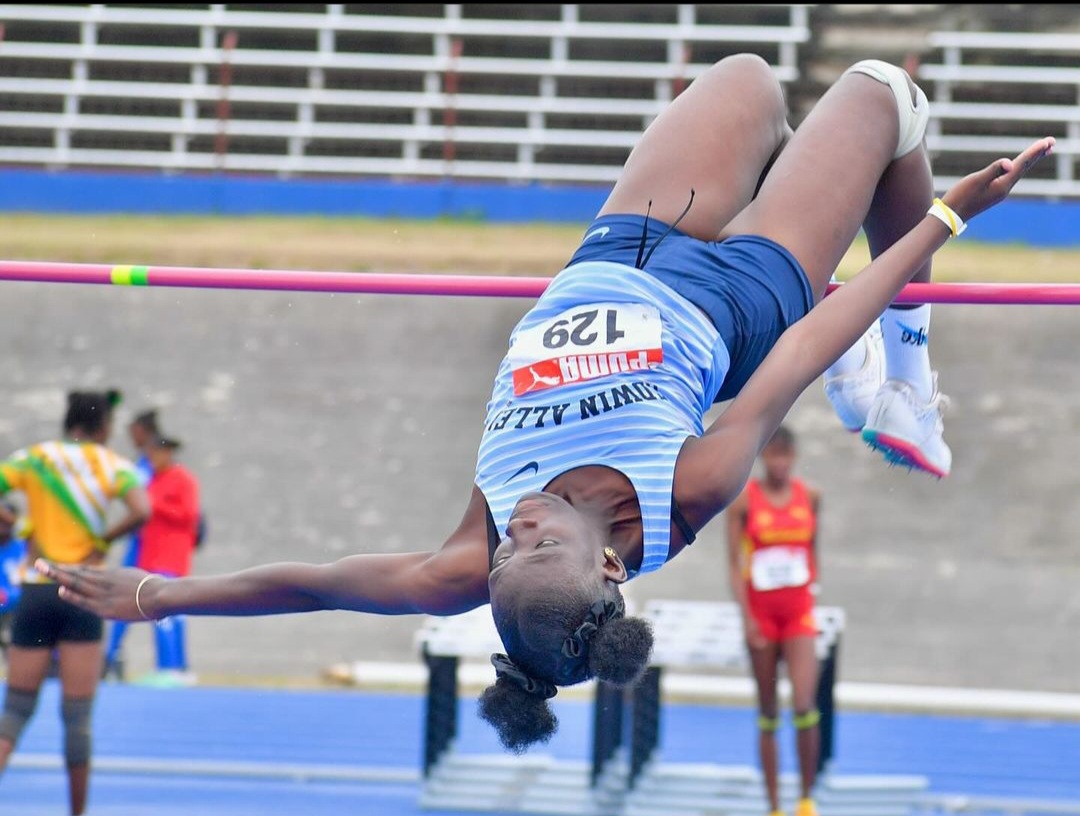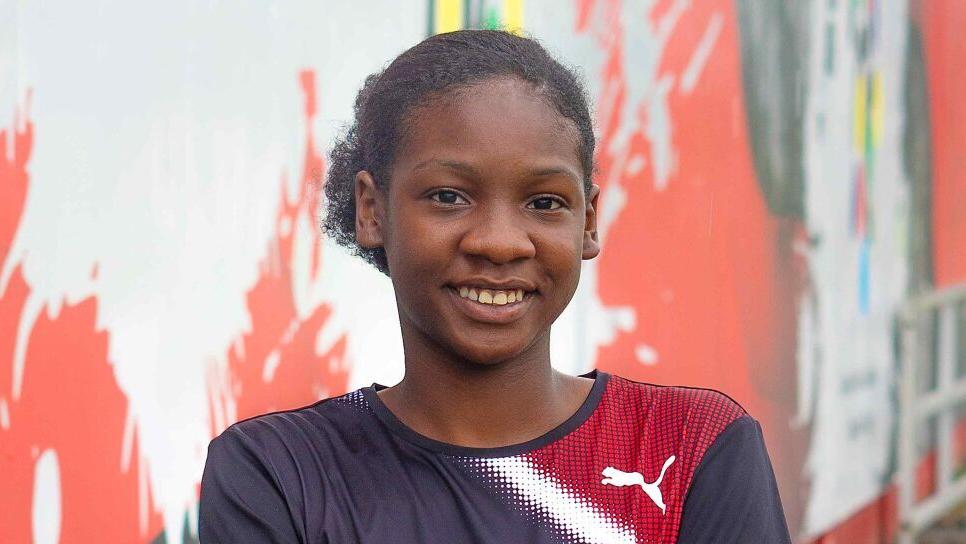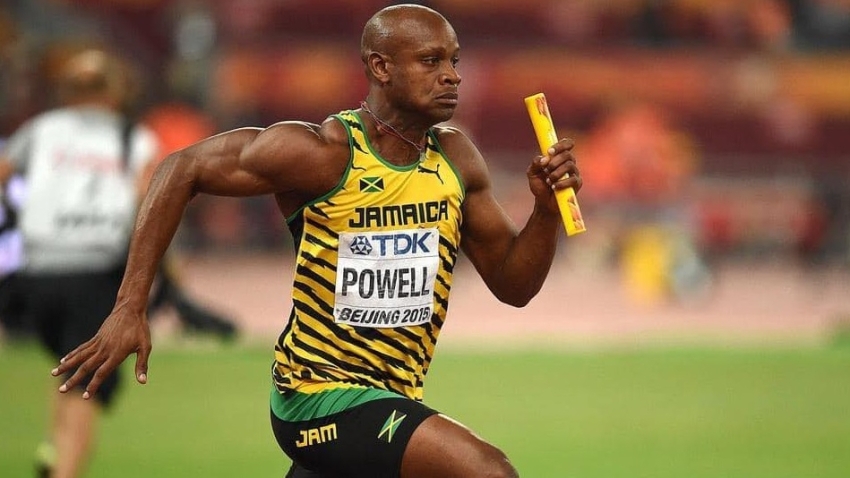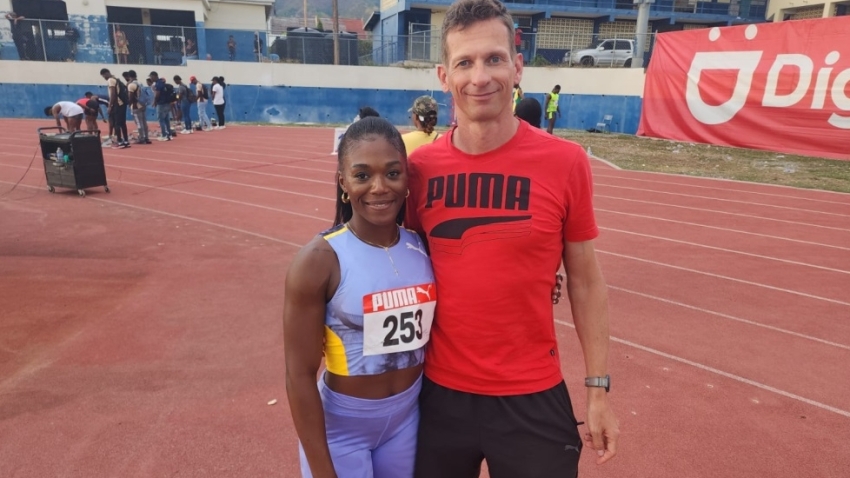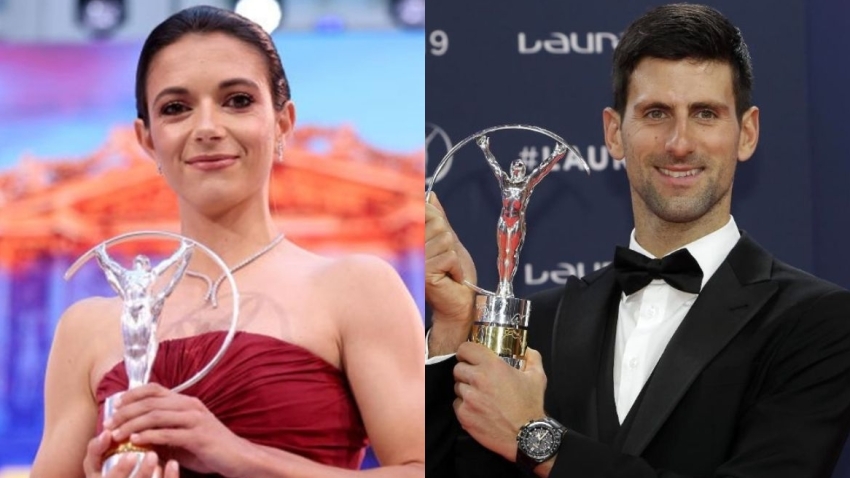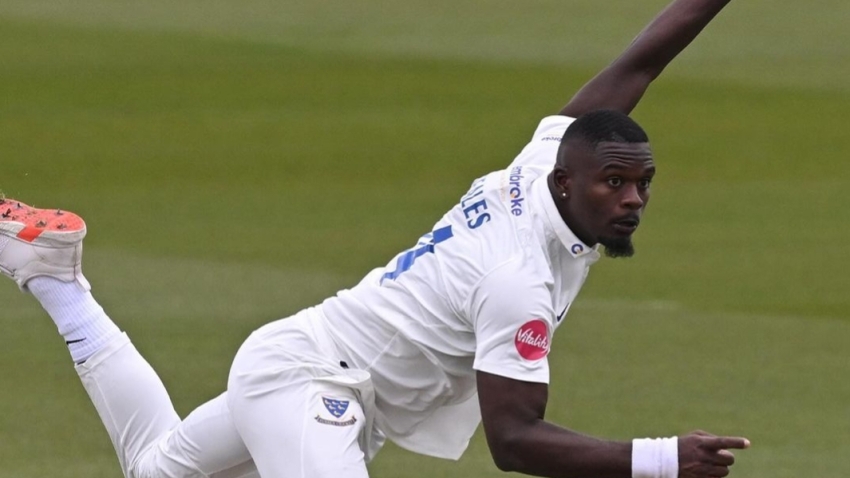Hydel High School’s track and field athletes are expressing hope that their achievement in earning Chairman’s Award will inspire others at the institution to excel while representing their school. Led by the versatile Class One sprint-double champion Aaliah Baker, four of the school’s top performers at the recent ISSA Boys’ and Girl’s Athletics Championships were rewarded for their outstanding output.
Baker, Abigail Campbell, Teixeira Johnson and Shania Myers will all share in the JMD$300,000 award that was donated by Chairman of the school’s board, Ryan Foster, in recognition of the athletes’ effort.
“This Chairman Award recognizes the strong ethos of what a student athlete represents, and also the strong character of what champions are made of,” the chairman said. “These girls displayed commitment, determination, school spirit and overall fight within the team to give Hydel a chance to defend our title. They went beyond the call to pull a team along despite some of the rigours and obstacles they encountered.”
Foster had recognized Hydel High School’s team for winning its first ever ISSA Girls Champs title in 2023 with the Chairman’s Award, along with the outstanding sprinter Alana Reid.
This year, the team gave an exceptional performance as it placed second with 326 points. Edwin Allen High won with 335.5 points.
Leading Hydel’s charge was Baker, the 400m, 400m hurdles champion in 2023 who showed her range of sprinting by winning gold in the shorter individual sprints, 11.34 seconds in the 100m and another personal best, 23.89 seconds in the 200m. Baker also led her school to victory in the Class One girl’s 4x100m and 4x400m gold medals.
“I hope my story will motivate younger kids so they’ll be able to help our school and win the Chairman’s Award,” Baker expressed. “I stepped down from the 400m and 400m hurdles to the 100 and 200 metres and won two gold medals. Hopefully someone will be able to say if she did it I can do it too.”
Continuing, she said that her accomplishments are even more satisfying because she had to overcome challenges.
“Preparing for Champs was not easy because I went back and forth with injuries and just some bad days at training. But I just kept my composure, I trained hard when I could train hard, I went, I didn’t question my coach, I just did what he asked,” she admitted of Corey Bennett’s tutelage.
“I’m pretty happy I just listened to him and that I trusted the process and then I did my thing and ended up winning four events. I’m proud of myself, my family is proud of me, my teammates are proud of me and my school is proud of me,” said the final year student.
Campbell won three gold medals and a silver, claiming the 400m gold and 800m silver in 52.27 and 2:09.07, respectively.
Reflecting on the tough, sparely run 400-800 double, Campbell expressed joy at making the Chairman’s Award list, noting that “I’m pretty excited and elated because what I did was very phenomenal”.
Continuing, she said: “I’m very proud of myself because last year I couldn’t compete at Champs but this year I came back, winning three gold medals and a silver for my team and myself and it was a pretty good championship because I came out here to do the best for my team and to score good points.
“For next year I would like to produce more, I would like to stand out for next year, I would like to continue doing my best for my school and for myself and my coach,” Campbell added.
Johnson won three gold medals, the Class Four 100m in 11.87 seconds and 200m in 25.44, as well as the sprint relay.
Myers fought off an emotional roller-coaster following the death of her mother, promising, delivering and dedicating victory in the Class One 100m hurdles to her mom, as she won in a time of 13.14 seconds. She also won silver in the long jump final, leaping 6.30 metres in the event won by St Catherine’s Roanna Sudlow (6.37m).
“Though the team was much smaller than Edwin Allen, we certainly made it into a competition until the final race,” expressed Foster. “These girls went beyond to place their bodies on the line and for that I must applaud and recognize them. Alliah won four gold medals, Abigail and Teixeira Johnson won three golds and Shania Myers won two.
“I am extremely proud of them and the overall team to include Korey and his coaching staff,” the Hydel board chairman added. “We will have an even bigger celebration with the team after the Easter break.
“The Hydel spirit is very much alive and the Board of Management, myself included, will continue to shape the future of our students and student athletes."


